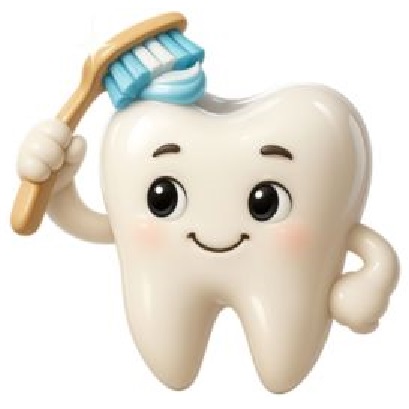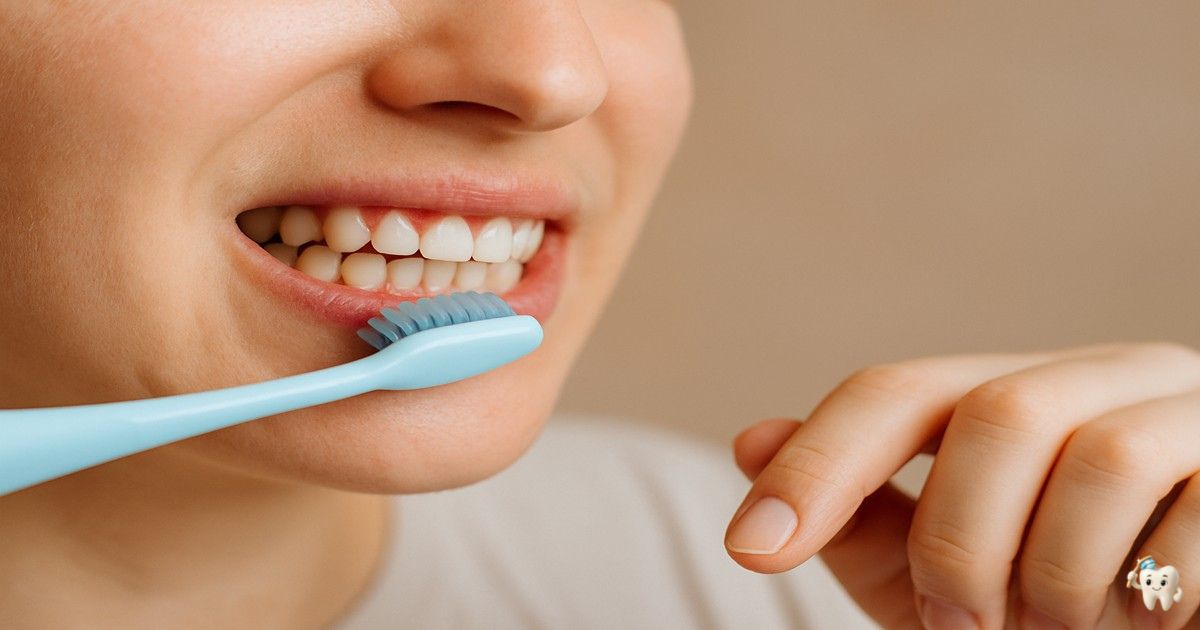Home Remedies for Sensitive Gums.
For many people, gum sensitivity can be improved at home. Here are some tried and tested Sensitive Gums Treatments:
- Use a Soft Bristled Brush: Hard bristles can damage gum tissue over time. Switch to a soft-bristled brush and replace it every 3 months or after illness.
- Saltwater Rinse: A warm saltwater rinse can help reduce inflammation and kill bacteria. Mix half a teaspoon of salt into a glass of warm water and rinse gently twice a day.
- Brush Gently and Correctly: Don’t scrub like you’re cleaning a frying pan. Use gentle circular motions and focus along the gumline.
- Floss, but be Kind: Flossing is key, but don’t snap it against your gums. Glide it gently and curve around each tooth.
- Avoid Common Irrirants: Cut down on spicy foods, tobacco, and alcohol, all of which can aggravate sensitive gums.
- Stay Hydrated: A dry mouth can make gum issues worse. Drink plenty of water, especially if you take medications that cause a dry mouth.
- Consider a Gentle Mouthwash: A mild, alcohol-free mouthwash may help soothe sensitive gums, but not all rinses are suitable. Look for words like “soothing,” “sensitive” or “gentle,” or ask your pharmacist if you’re still not sure.
Who Should and Shouldn’t Use Home Remedies?
Most of these remedies are safe for the average person, but there are some exceptions to note:
- Saltwater rinses: Avoid frequent use if you’re on a sodium-restricted diet or have high blood pressure.
- Manual flossing: If you have arthritis or limited dexterity, consider floss picks or water flossers instead.
- Pregnant women: Safe to use home remedies, but don’t delay a dental visit as hormone shifts can trigger gum disease quickly.
Gum Sensitivity.
Anyone with sore or sensitive gums will know that it’s no laughing matter. Whether it’s a dull ache or a sharp pain, sensitive gums can really put a damper on your daily routine. The good news? In most cases, sensitive gums treatment is achievable at home, with simple changes and a bit of know-how.
What Are Sensitive Gums?
Sensitive gums are gums that feel sore, tender, or painful to the touch. They may bleed when brushing or flossing, or simply eating and can appear red or swollen. While occasional sensitivity is fairly normal, persistent discomfort could signal something more serious.
Common Symptoms.
- Red or inflamed gum tissue
- Bleeding during brushing or flossing
- Receding gum line
- Sensitivity to hot, cold, or sweet foods
- Mild to moderate pain around the gums
Possible Causes.
Understanding what’s behind your gum sensitivity is half the battle. Here are some of the most common culprits:
- Overbrushing: Using too much force or a hard-bristled toothbrush can wear down gum tissue.
- Poor oral hygiene: Plaque buildup irritates gums and can lead to gingivitis.
- Gum disease: Gingivitis and periodontitis are progressive forms of gum disease that often start with sensitivity.
- Hormonal changes: Pregnancy, menopause, and menstruation can make gums more sensitive.
- Medical conditions: Diabetes, autoimmune disorders, and even high stress levels can play a role.
When Should You See a Dentist?
If the following apply, don’t faff about—book an appointment:
- Gum sensitivity that lasts more than a week
- Visible pus, swelling, or bleeding that doesn’t stop
- Persistent bad breath
- Loose teeth
- Receding gums or exposed roots
Your dentist may recommend a professional clean, desensitising treatments, or further investigations if gum disease is present, and sensitive gums treatment at home has failed.
Prevention Is Better Than Cure.
Once you’ve tackled the problem, keeping gums healthy is a lifelong habit. Maintain twice daily brushing, floss daily, and get regular check-ups. Treat your gums kindly, and they’ll repay you with a pain-free smile.
Frequently Asked Questions.
Q: What causes sensitive gums?
A: Sensitive gums can be caused by factors like gum disease, aggressive brushing, hormonal changes, poor oral hygiene, or underlying health conditions such as diabetes.
Q: How can I treat gum sensitivity at home?
A: Gentle brushing with a soft-bristled toothbrush, rinsing with a saltwater solution, avoiding acidic foods, and maintaining good oral hygiene can help reduce Sensitive Gums.
Q: Can stress cause sore gums?
A: Yes, most definitely. Stress can contribute to gum sensitivity by weakening your immune system and increasing the risk of gum inflammation and disease.
Q: When should I see a dentist for sensitive gums?
A: If the sensitivity persists for more than a week, is accompanied by bleeding or swelling, or worsens over time, it’s time to consult a dentist.

